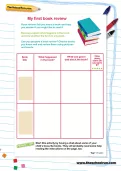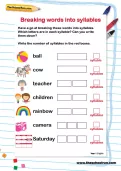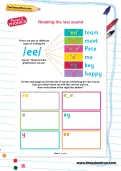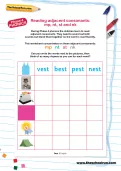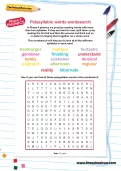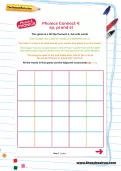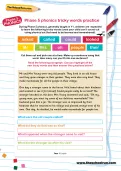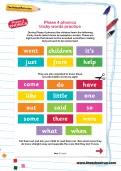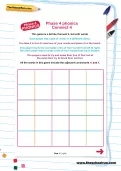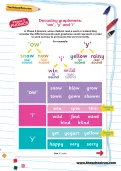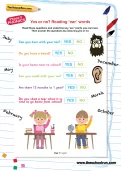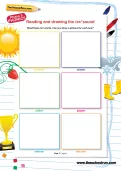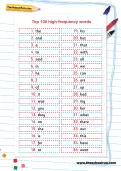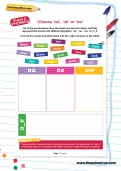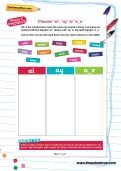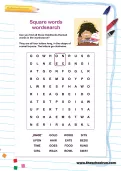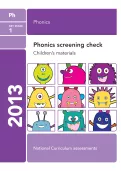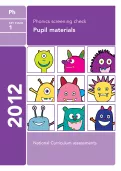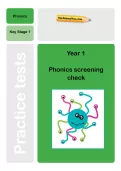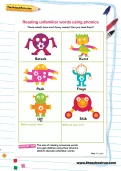Important update from TheSchoolRun
For the past 13 years, TheSchoolRun has been run by a small team of mums working from home, dedicated to providing quality educational resources to primary school parents. Unfortunately, rising supplier costs and falling revenue have made it impossible for us to continue operating, and we’ve had to make the difficult decision to close. The good news: We’ve arranged for another educational provider to take over many of our resources. These will be hosted on a new portal, where the content will be updated and expanded to support your child’s learning.
What this means for subscribers:
- Your subscription is still active, and for now, you can keep using the website as normal — just log in with your usual details to access all our articles and resources*.
- In a few months, all resources will move to the new portal. You’ll continue to have access there until your subscription ends. We’ll send you full details nearer the time.
- As a thank you for your support, we’ll also be sending you 16 primary school eBooks (worth £108.84) to download and keep.
A few changes to be aware of:
- The Learning Journey weekly email has ended, but your child’s plan will still be updated on your dashboard each Monday. Just log in to see the recommended worksheets.
- The 11+ weekly emails have now ended. We sent you all the remaining emails in the series at the end of March — please check your inbox (and spam folder) if you haven’t seen them. You can also follow the full programme here: 11+ Learning Journey.
If you have any questions, please contact us at [email protected]. Thank you for being part of our journey it’s been a privilege to support your family’s learning.
*If you need to reset your password, it will still work as usual. Please check your spam folder if the reset email doesn’t appear in your inbox.
Year 1 Reading worksheets
Free worksheets: Reading, KS1, Y1
You’ll need to login or Register first to access these worksheets for free.
My first book review
Breaking words into syllables
Reading the /ee/ sound (Phase 5 phonics)
Reading adjacent consonants: mp, nt, st and nk (Phase 4 phonics)
Polysyllabic words wordsearch (Phase 4 phonics)
Polysyllabic words jigsaw puzzle (Phase 4 phonics)
Phonics Connect 4: sp, pl and st (Phase 4 phonics)
Phase 5 phonics tricky words practice (Phase 5 phonics)
Phase 4 phonics tricky words practice (Phase 4 phonics)
Phase 4 phonics Connect 4 (Phase 4 phonics)
Decoding graphemes: ‘ow’, ‘y’ and ‘i’ (Phase 5 phonics)
Yes or no? Reading ‘ear’ words (Phase 5 phonics)
Spelling the /or/ sound: ‘ore’ (Phase 5 phonics)
Reading split digraph 'e_e' words (Phase 5 phonics)
Reading and drawing the /er/ sound (Phase 5 phonics)
First 100 high-frequency words list
Choose 'oa', 'oe' or 'ow' (Phase 5 phonics)
Choose 'ai', 'ay' or 'a_e' (Phase 5 phonics)
Square words wordsearch
Year 1 Phonics screening check 2013
Year 1 Phonics screening check 2012
Year 1 Phonics Screening practice checks
Reading unfamiliar words using phonics
These robots have such funny names! Can you read them?
